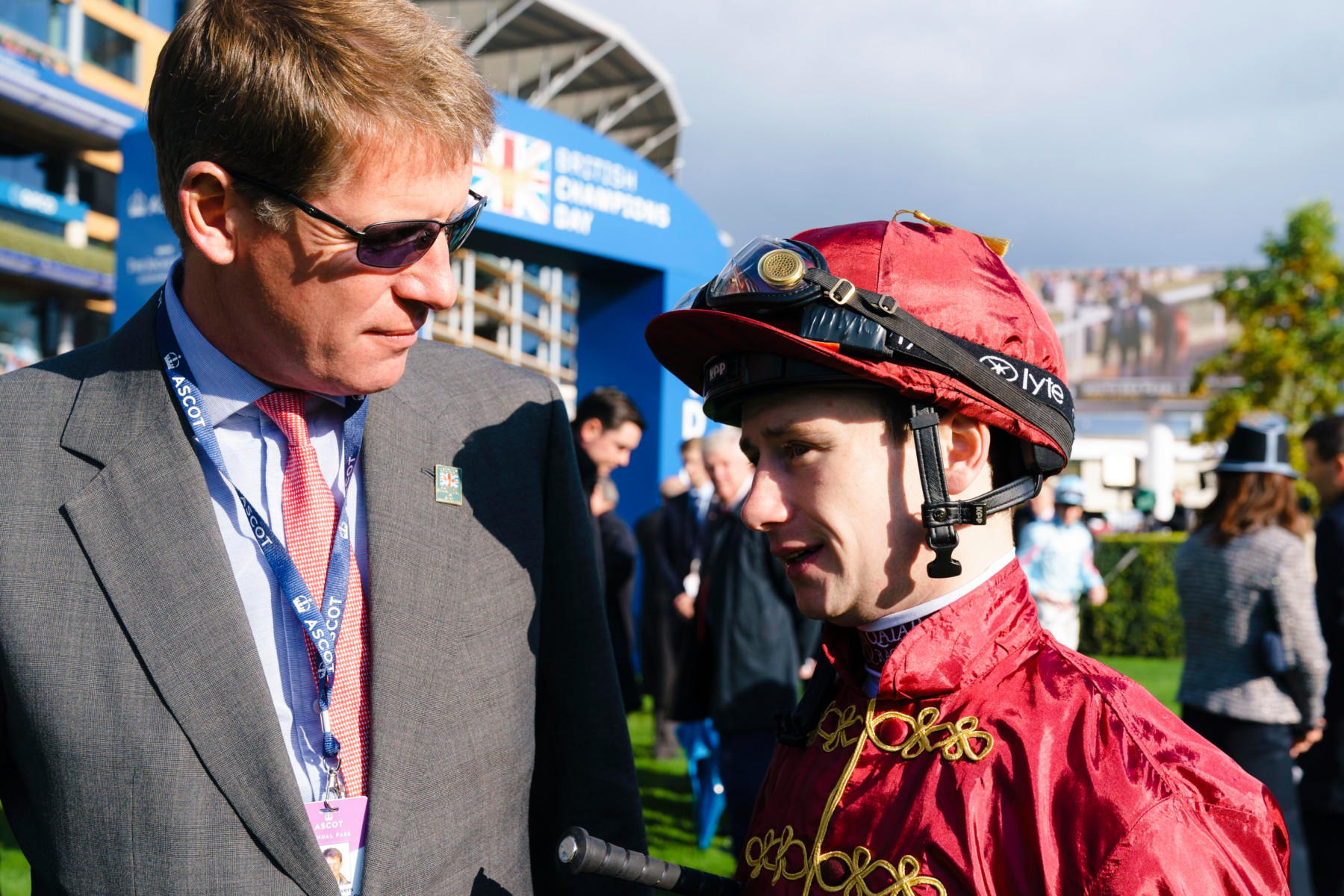Never has the racing calendar been this hard to predict.
So how does David Redvers – one of the most respected race planners in the business – make a plan for races that might not happen?
The brains behind Qatar Racing has made a career out of shrewd placing, but even he admits these times are like no other.
He told Sun Racing: “From a racing manager’s point-of-view, it’s extremely difficult to make a solid plan.
“A racehorse is very different to a racing car – you can’t just turn on the key.
“For them, it’s about finding a balance between maintaining fitness without getting them too fresh and going over the top. It’s a very nuanced business and takes a lot of skill and patience.
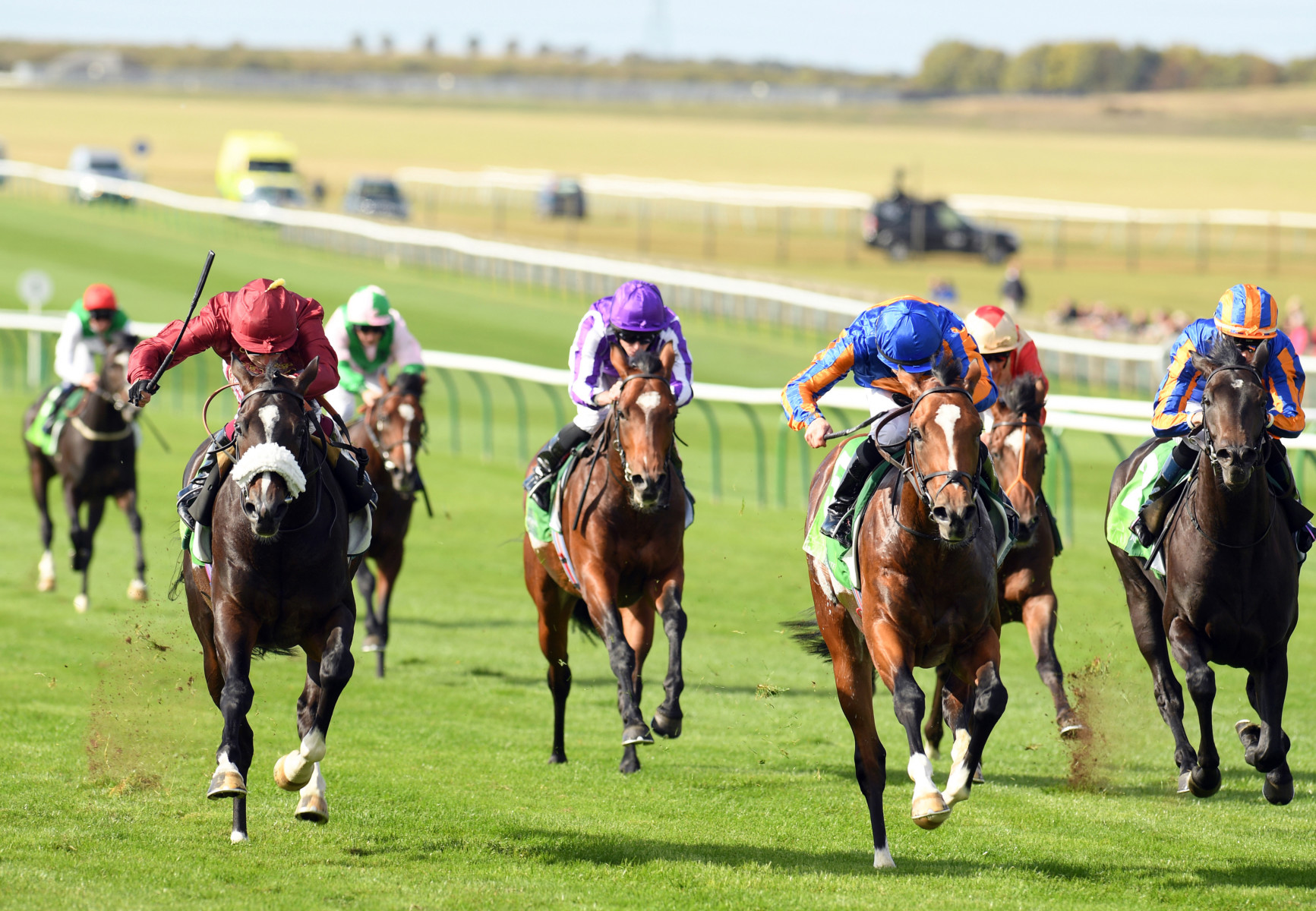
“And when you don’t know which races are going to be run where, the job is made infinitely more difficult.
“It’s even trickier for the trainers than it is for me. They’ve got to look after the horses on a day to day basis and make sure they’re fit and raring to go for a date that isn’t set in stone.”
The master of Tweenhills Stud is no stranger to horses not fulfilling intended engagements – that comes with the territory – but Covid-19 has brought with it unprecedented problems.
Take last season’s scintillating Vertem Futurity Trophy winner, Kameko.
The classy two-year-old looked a star in the making after pulverising his opposition on the Newcastle tapeta, and the 2,000 Guineas was immediately put forward as his next target.
However, a four-week delay has almost scuppered a plan that Redvers has been plotting all winter.
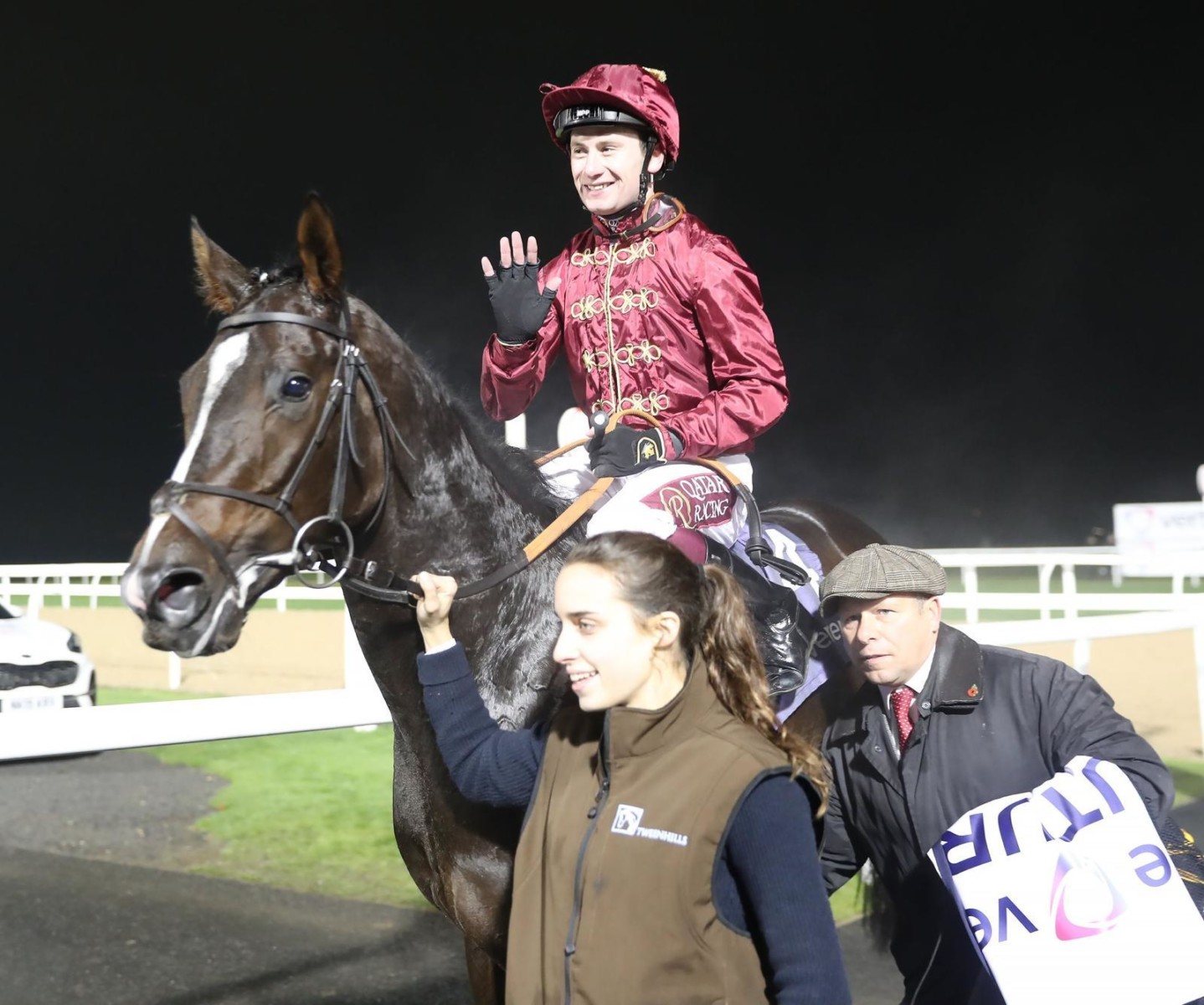
He continued: “We’ve got several Classic hopefuls this year, headed by Kameko.
“He was ready to run in the Craven last week and it would appear the Guineas will now take place in early June, so it will be quite a challenge to have him bang on for then.
“That’s the most important race for him, and hopefully we can get him right – but it won’t be easy.
“We’re in a similar boat with our other potential top-classers.
“Enemy was a very impressive Ascot maiden winner last season who John Gosden holds in high regard, but we’re not sure now where he will start off.
“We also have an exciting unraced two-year-old who’s a full brother to Too Darn Hot – however, until we see these horses on the track, we don’t know if the geese will turn into swans, or just stay as geese.”
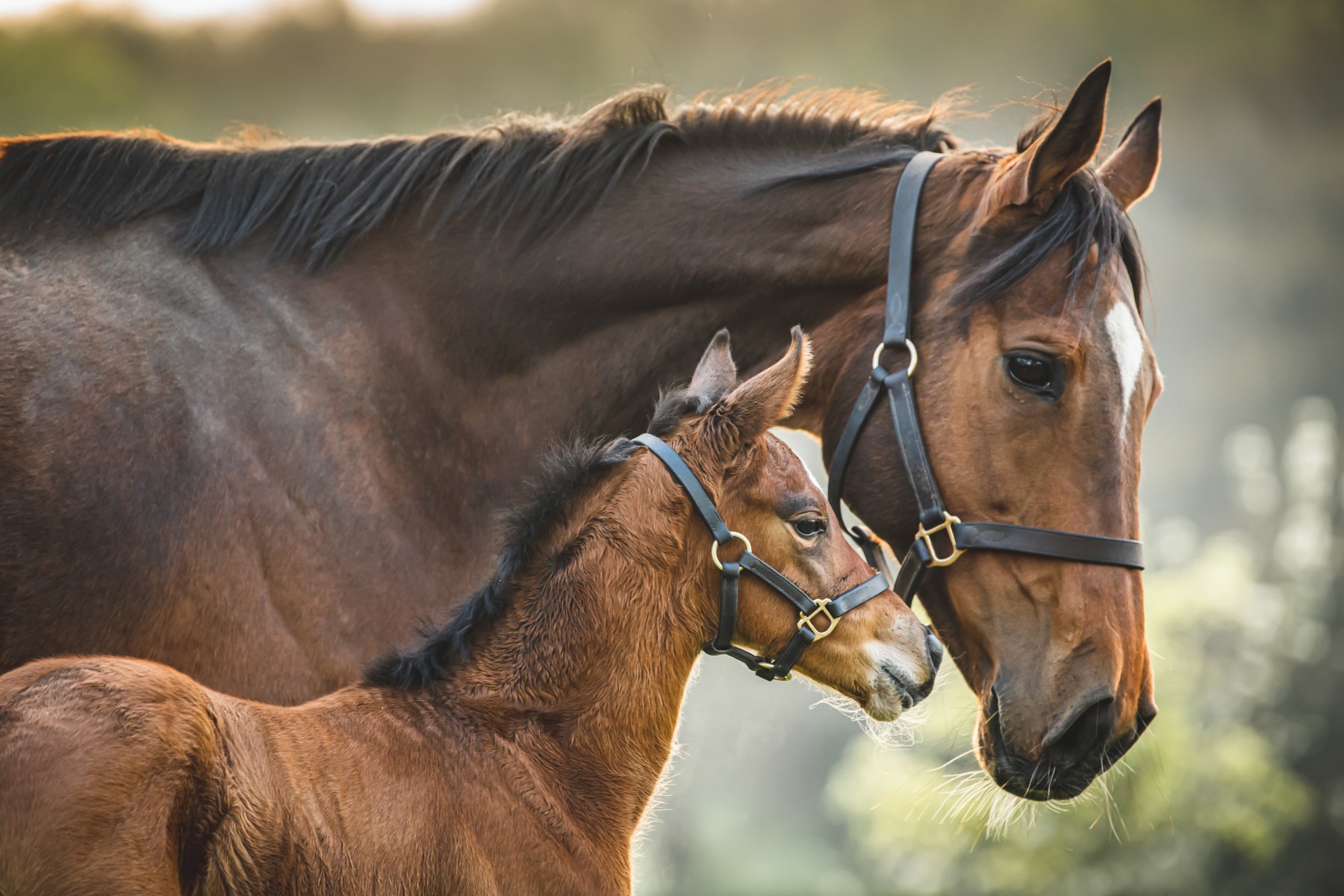
It’s not just the British state of affairs giving Redvers a headache.
Problems with travelling abroad are likely to have a major effect on some of the biggest contests throughout the season.
He said: “One of the major problems facing us at the moment is the international movement of racehorses.
“Whether or not we will be able to move breeding stock between European countries and whether we will see Aidan O’Brien’s best three-year-olds turning up for the Classics are big question marks.
“The strength of the European Pattern is freedom of movement – it means the best horses in the world can take each other on in the biggest races.
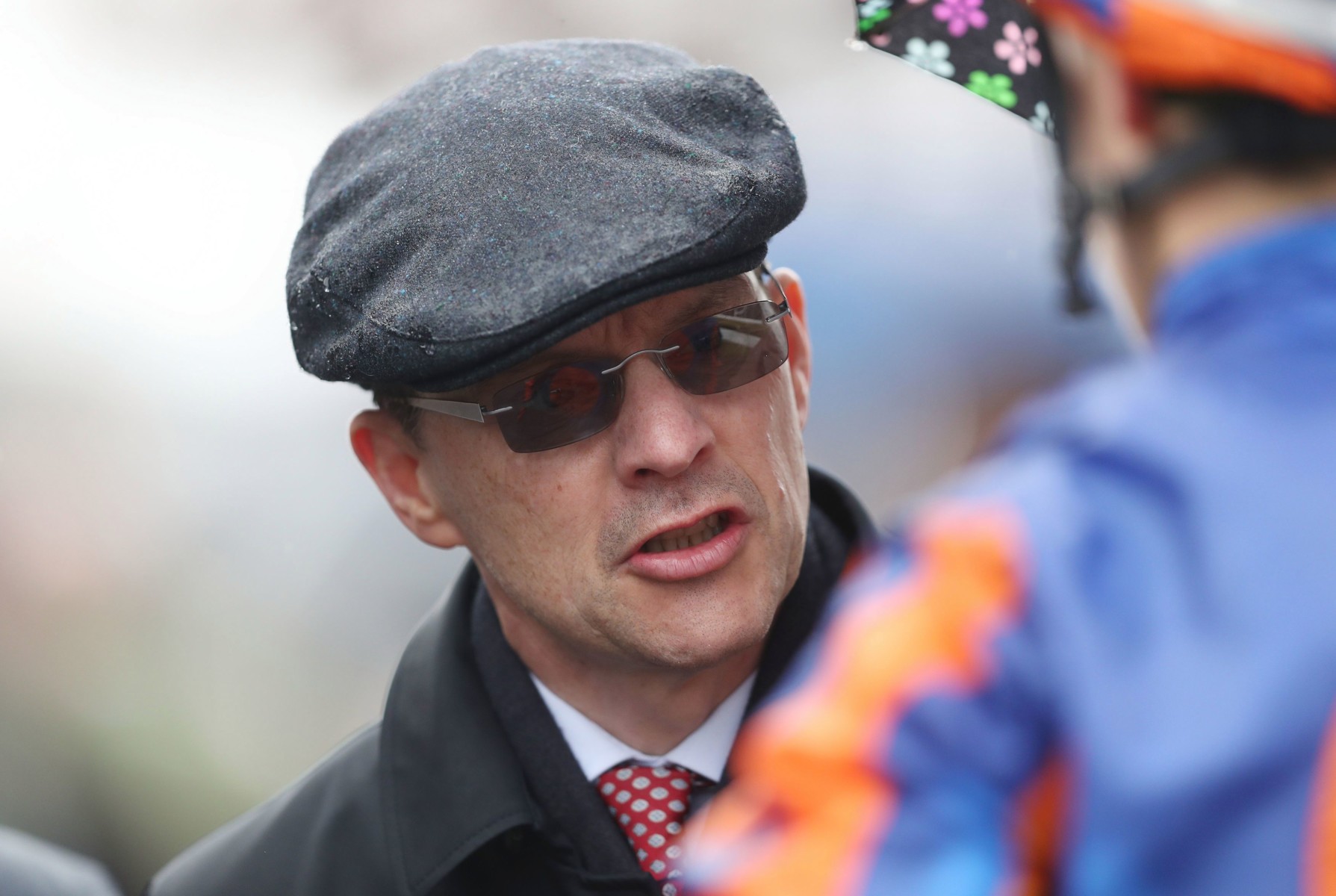
“It goes without saying that the Classic contests will be dramatically weakened if French and Irish horses aren’t able to take part.
“We’re desperate to bring Sunlight over from Australia to run in the big sprints at Royal Ascot but unfortunately that now looks highly unlikely to happen.
“A very strong case needs to be made for these horses to be able to travel across international waters – it’s important for stakes races, for integrity and for the international Pattern in general.”
Perhaps the biggest spanner in the works currently facing the racing industry is whether or not Royal Ascot’s five-day extravaganza will go ahead.
With multiple Group 1s and endless opportunities for horses to make a name for themselves, it’s the perfect advertisement for prospective sires to strut their stuff.
But Redvers is aware of the implications on the bloodstock industry if fewer top level races can take place this season.
He continued: “The permutations are fascinating and the potential lack of top level races is likely to have a big effect in many ways.
“The value of bloodstock is likely to fall and there would be a whole different world of pain to be suffered, particularly if the Classics aren’t run and we don’t return until, say, July.
“However, if we can get going in mid to late May then hopefully the negative effect will be negligible.
“We are at the whim of the economy as a whole as, ultimately, racehorses are an unnecessary expense and whilst you might be able to spend less on them, the running costs are always the same.
“They’re an expensive item to keep.”
At Tweenhills, Redvers has nurtured his way to a breeding ground of champions.
With the help of Sheikh Fahad Al-Thani, one of the most impressive studs in Britain has also become one of the most successful.
However, Redvers is fully aware of how big a part the racing calendar plays in that success.
Even if it is curtailed by a month or two, the results can be disastrous.
He added: “We’re still waiting to hear from the BHA about what will happen with Royal Ascot, Newmarket and the Pattern in general.
“The Pattern is the most vital part of our industry – it defines the modern thoroughbred and we have to protect it at all costs.
“That’s why it’s so important to run the Classics each year and that’s why we put so much caste behind the five big three-year-old races.
“Without the Pattern there’d be no bloodstock industry, so it’s a necessity the Guineas and Derby are run – even if a month later than usual.”
David Redvers is Racing Manager for Qatar Racing.
For more information please visit: https://www.qatarracingltd.com/

